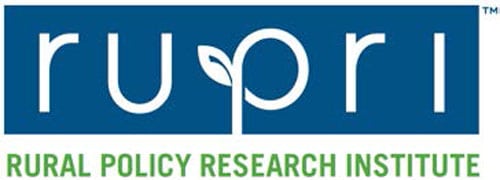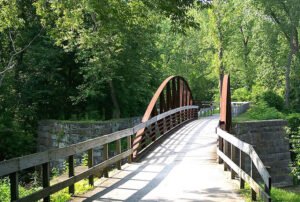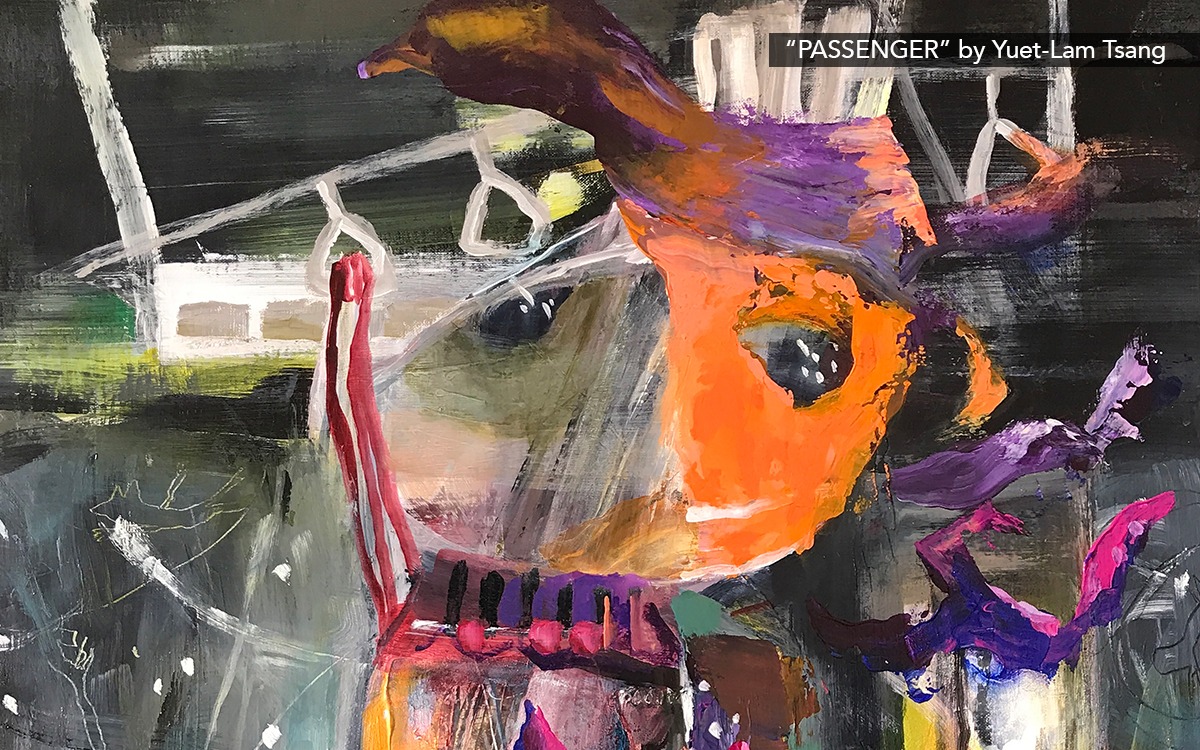
September 11, 2018; News Gazette (Winchester, IN)
Many rural communities struggle to find ways to stimulate and maintain the local economy and build community wealth. Those that succeed have moved away from more traditional approaches of economic development and have embraced a more holistic way of thinking about the economy that considers local assets and various types of capital needed to catalyze development. One community employing this approach is Randolph County, Indiana, where the local economic development corporation has embarked on an economic development planning process in conjunction with the Ball State University’s Center for Business and Economic Research, as well as the Rural Policy Research Institute (RUPRI). This new effort will focus on building community wealth through emphasizing the community’s overall well-being as a driver for economic development, and using economic and social data to inform strategy. For nonprofits working on economic and community development in rural areas, this new venture highlights valuable ways to partner with local institutions.
RUPRI has several programs that address challenges confronting rural America. Through their Rural Wealth Creation Analytic Program, the institute identified eight types of capital that are interrelated and are synthesized into a comprehensive framework on rural wealth. This framework rests on two central theses: 1) Wealth—defined in a comprehensive fashion—must be the focus of well-being, and 2) comprehensive wealth is the stock, or value, of all assets; and well-being depends on the benefits that flow from these various assets.
By defining wealth more comprehensively, RUPRI’s approach offers insight into how to build wealth by drawing upon multiple types of assets. In their methodology, RUPRI has identified physical, financial, human, intellectual, political, natural, social, and cultural capital as categories of assets that work in tandem to create the quality of well-being in a community.
Sign up for our free newsletters
Subscribe to NPQ's newsletters to have our top stories delivered directly to your inbox.
By signing up, you agree to our privacy policy and terms of use, and to receive messages from NPQ and our partners.
Approaches such as RUPRI’s use research and are important to share, given the real challenges that many rural communities face. According to a recent report by NeighborWorks, Turning the Tide on Persistent Rural Poverty: Blueprint for a Path Forward, rural America accounts for less than 20 percent of the country’s overall population, yet 85 percent of persistent poverty counties are outside of metro areas. Many rural areas have struggled with population losses, the inability to adapt to a changing economy, and a lack of access to resources and investments to help them be competitive. Furthermore, many rural areas are without government or philanthropic funding, have experienced an erosion of financial institutions that provide business lending, and are without sufficient community development resources. The rise of banking deserts in rural areas, in particular, is a concern for economic development efforts, as many small and regional banks have dissolved or been absorbed by larger banks who deploy their resources in more profitable markets.
Many different groups have focused on rural community and economic development challenges to bridge the gap in services and resources. As NPQ reported in March, The Lilly Endowment announced a $10 million grant to the Center for Rural Engagement at Indiana University Bloomington, whose goal is “to improve the lives and opportunities of Hoosiers by working with partners to discover and deploy evidence-based, data-informed and scalable solutions to common challenges facing rural communities.” NPQ also recently reported on an effort in Montana to develop a rural investment cooperative named Unleashing Local Capital, through the Montana Cooperative Development Center.
Several foundations and philanthropic efforts also aim to jumpstart development and support rural economic development efforts. The Orton Family Foundation’s Community Heart and Soul model, which focuses on changing the narrative to “what’s possible,” has supported more than 30 rural communities through their engagement model. ArtPlace America, which is a 10-year collaboration among a number of foundations, federal agencies, and financial institutions, has supported several rural communities through their creative placemaking grant program and community development investments.
Raising the profile of efforts that support rural development is a priority, and is a focus of the Aspen Institute’s Rural Development Innovation Group, which began in 2016 as a network focused on advancing wealth building approaches to leverage local assets, create jobs, and build regional and local capacity to adapt to changing conditions. Among the resources through this program is a speaker series entitled America’s Rural Opportunity, which highlights different wealth-building strategies and rural economic development efforts throughout the country as a way to raise awareness. By helping people in rural areas explore and understand economic development approaches that work, the goal of this initiative is to help the public, private, and philanthropic sectors identify what they can do to improve the prospects in rural communities.
Investing in rural communities and their long-term well-being is something most people can get behind. By sharing frameworks and success stories, the examples, tools, and approaches highlighted here point to progress that nonprofits in rural areas should consider exploring to deepen their work.—Derrick Rhayn













